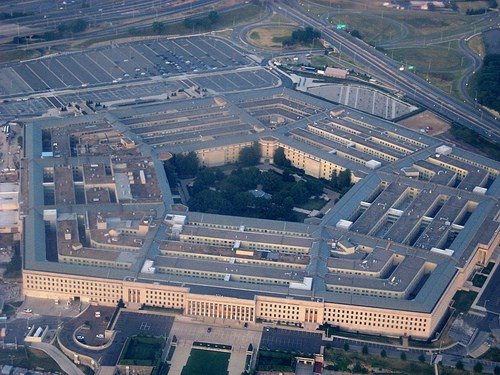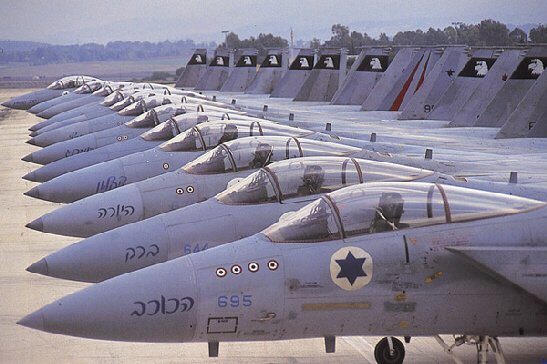Furloughs of civilian employees as a result of the government shutdown cost the Defense Department at least $600 million in productivity, the Pentagon’s top financial officer said today.
During a Pentagon news conference, DOD Comptroller Robert F. Hale said that in addition to the lost productivity, the shutdown generated a number of other costs that have yet to be calculated.
“We built up interest payments, because we were forced to pay vendors late,” Hale said. “We had to cancel training classes, so we had to bring the people home on orders and then send them right back again.”
The short-term deal signed by President Barack Obama late yesterday doesn’t put the department on firm budgetary ground, Hale noted. With no flexibility to move funds between accounts, and accounts frozen at 2012 levels, he said, the department will have to be as fiscally watchful as it can.
“If that’s a vague answer, it’s because things are kind of vague,” he said. “It’s not a good way to run a railroad.”
The temporary funding measure that allowed the government to reopen prevents DOD from starting new projects, Hale said. And one of the biggest problems, he added, is that it requires the department to buy the same ships it bought last year, because Congress appropriates by ship.
“It’s a ‘Groundhog Day’ approach to budgeting,” the comptroller said.
The budget uncertainty will have an impact on staffing levels and morale, he added. If the budget stays at the level authorized under the Budget Control Act of 2011, he said, “we’re going to have to get smaller.” Hale added that the department will try to meet the staffing goals through attrition, but that either way, it will mean fewer civilian employees.
“I’m a lot more worried about the morale effects,” Hale said. “We need some stability, and we need to keep telling [employees] they’re important, and then we need to show it through things like pay raises and no more furloughs, etc.”
Without a change to the budget, there will also be military force reductions, Hale said.
“I think all of us are aware that it will be a somewhat different, smaller military if we have to go through with those cuts,” he added. “We will be as prepared as we can, within the limits of time that we have, to be ready for a wide range of contingencies, because we know that’s what we face.”











